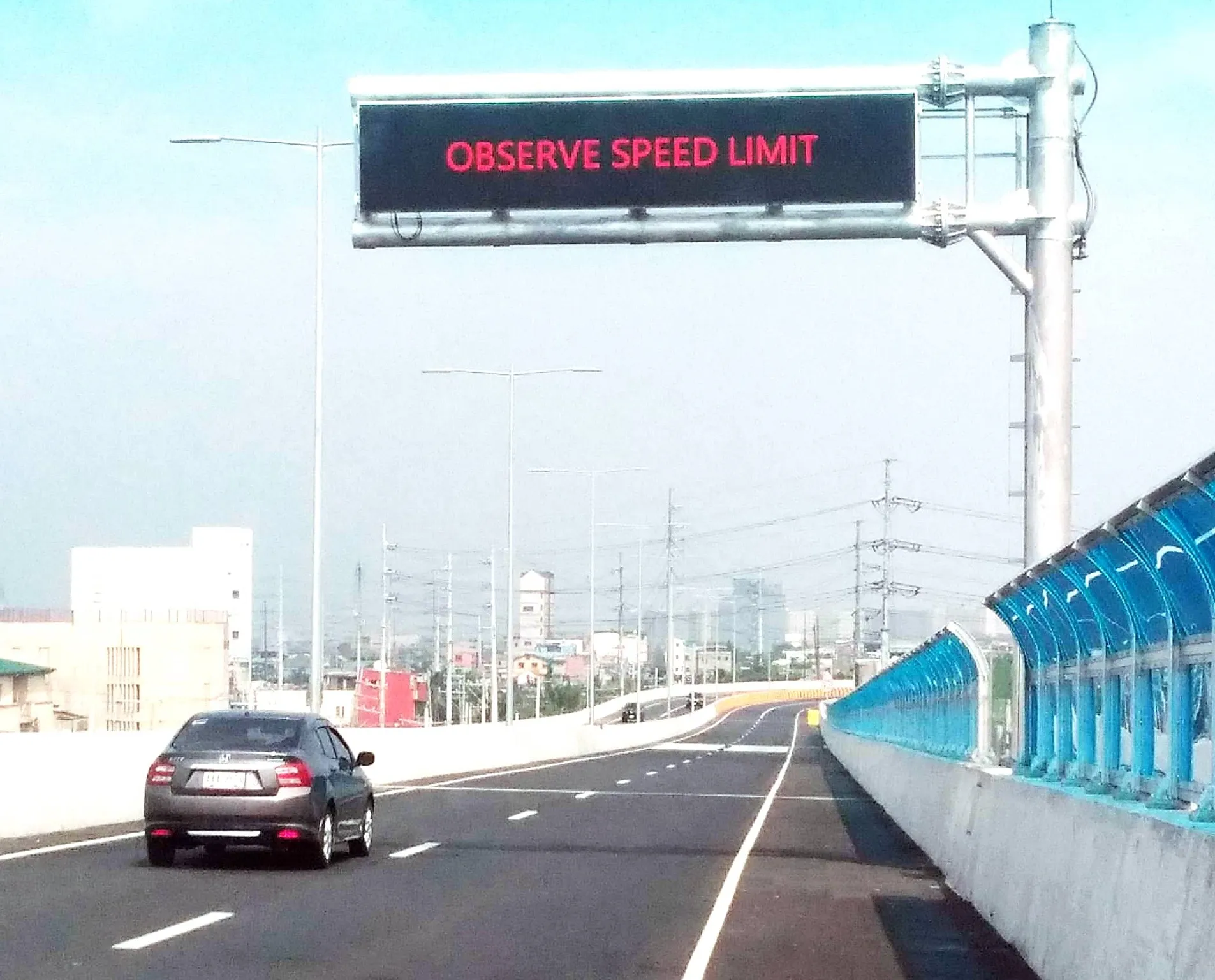The Addis Ababa-Adama expressway in Ethiopia will be first expressway in Ethiopia and East Africa when complete and also the first toll road in the nation. It will connect the capital city Addis Ababa to Adama in Nazareth.
Construction started in April 2010 and is scheduled to be complete in April 2014. The project is estimated to cost US$612 million and when complete the expressway will be able to accommodate 15,000 vehicles per day. The project is financed through a US$350 million loan from Export-Imp
April 14, 2014
Read time: 2 mins
The Addis Ababa-Adama expressway in Ethiopia will be first expressway in Ethiopia and East Africa when complete and also the first toll road in the nation. It will connect the capital city Addis Ababa to Adama in Nazareth.
Construction started in April 2010 and is scheduled to be complete in April 2014. The project is estimated to cost US$612 million and when complete the expressway will be able to accommodate 15,000 vehicles per day. The project is financed through a US$350 million loan from Export-Import (Exim) Bank, with the remaining US$262 million coming from the Ethiopian Government.
Constructed by Chinese Communications Construction Company (CCCC) on behalf of the Ethiopian Roads Authority (ERA), the new road uses advanced technologies such as a traffic management centre and intelligent transportation systems (ITS) for effective operation, together with overpasses, underpasses and interchanges. ITS technologies include traffic cameras and variable message signs (VMS) for effective traffic management and incident management.
Tolling is expected to be implemented on the Addis Ababa-Adama expressway, a first for Ethiopia. Toll gates will be installed at Addis Ababa and Adama, as well as at the six other interchanges. The toll road will reduce the travel time to around 40 minutes from the average two hours between Addis Ababa and Adama.
Ethiopia is one of the fastest growing nations in the world, but poor transportation facilities have become a bottleneck to the growth of agriculture in the country thereby affecting economic development. The Ethiopian Government has undertaken projects to improve the country's transportation network and plans to complete 64,000 kilometres of road network by 2015.
The existing Addis Ababa-Adama road carries 20,000 vehicles per day and is one of the busiest routes in the country. The road is heavily congested, which is causing frequent accidents. The new highway will help resolve these issues and contribute to fuel savings.
Construction started in April 2010 and is scheduled to be complete in April 2014. The project is estimated to cost US$612 million and when complete the expressway will be able to accommodate 15,000 vehicles per day. The project is financed through a US$350 million loan from Export-Import (Exim) Bank, with the remaining US$262 million coming from the Ethiopian Government.
Constructed by Chinese Communications Construction Company (CCCC) on behalf of the Ethiopian Roads Authority (ERA), the new road uses advanced technologies such as a traffic management centre and intelligent transportation systems (ITS) for effective operation, together with overpasses, underpasses and interchanges. ITS technologies include traffic cameras and variable message signs (VMS) for effective traffic management and incident management.
Tolling is expected to be implemented on the Addis Ababa-Adama expressway, a first for Ethiopia. Toll gates will be installed at Addis Ababa and Adama, as well as at the six other interchanges. The toll road will reduce the travel time to around 40 minutes from the average two hours between Addis Ababa and Adama.
Ethiopia is one of the fastest growing nations in the world, but poor transportation facilities have become a bottleneck to the growth of agriculture in the country thereby affecting economic development. The Ethiopian Government has undertaken projects to improve the country's transportation network and plans to complete 64,000 kilometres of road network by 2015.
The existing Addis Ababa-Adama road carries 20,000 vehicles per day and is one of the busiest routes in the country. The road is heavily congested, which is causing frequent accidents. The new highway will help resolve these issues and contribute to fuel savings.









